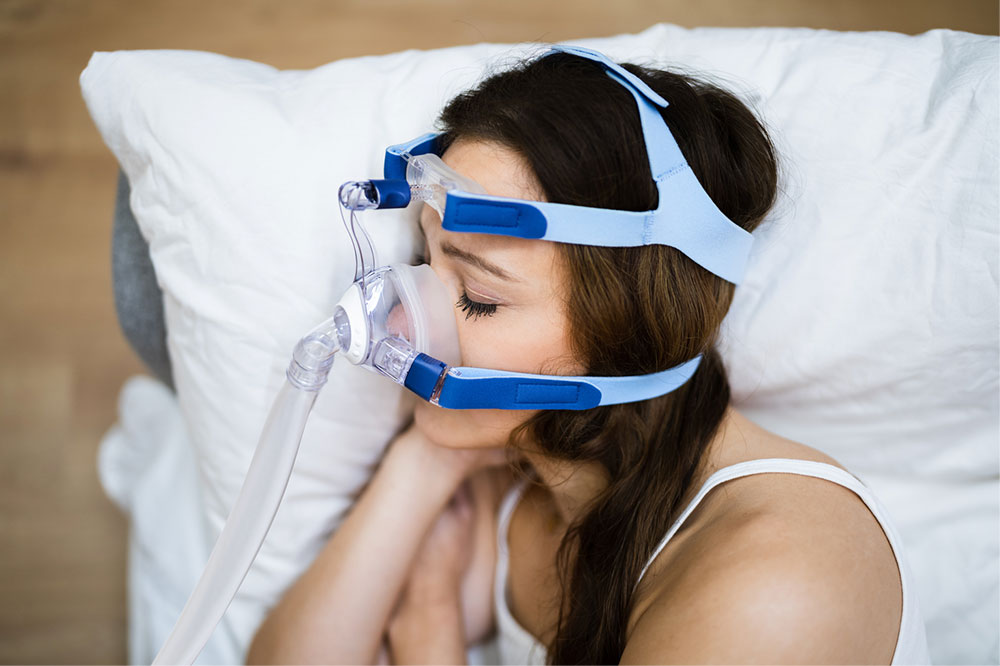Guide to Prescription Sleep Aids: Types and Potential Risks
This comprehensive guide explores prescription sleep aids, covering types, benefits, and potential side effects. It emphasizes the importance of proper medical consultation and lifestyle changes for effective management of sleep disorders. The article highlights safe medication options and discusses behavioral approaches to improve sleep quality, helping readers make informed decisions about their sleep health for a balanced and productive life.

In today's fast-paced world, insomnia is increasingly common, affecting individuals across all age groups. Causes such as work stress and personal issues contribute to sleep disturbances. While occasional sleeplessness may not be alarming, chronic insomnia has serious health implications, including increased risks for diabetes, cardiovascular problems, and impaired cognitive function. Persistent sleep issues can also trigger emotional challenges like anxiety and depression, further complicating overall well-being.
Effective treatment is crucial to restore healthy sleep patterns and improve quality of life. Several medications are available, but they should be used cautiously due to potential side effects. Many traditional sleeping pills contain benzodiazepines, which depress the central nervous system to induce sleep and sometimes treat related issues like sleepwalking. Newer medications, such as non-benzodiazepine sleep aids, often have fewer adverse effects but still require medical supervision, especially if you have underlying health conditions.
Common prescription sleep medications include drugs like Eszopiclone, Ramelteon, Zaleplon, and Zolpidem, along with certain antidepressants like trazodone. Some widely prescribed options are Doxepin, Estazolam, and Temazepam, which help with sleep initiation and maintenance but carry risks of dependency. Medications like Lunesta and Rozerem are preferred for their safety profile, with Rozerem working on melatonin receptors without significant side effects. Always consult a healthcare professional before starting any sleep medication.
Potential side effects of sleep aids include dizziness, nausea, headaches, daytime drowsiness, allergic reactions, unusual sleep behaviors, and memory problems. While pharmacological solutions can be effective, lifestyle modifications—such as maintaining a consistent sleep schedule, engaging in regular exercise, managing stress, and avoiding caffeine and nicotine—are essential for long-term relief. Behavioral therapies and healthy habits can address the root causes of insomnia, reducing reliance on medication.
In conclusion, combining medication with lifestyle changes offers the best approach to managing chronic sleep issues. Proper medical advice and behavioral adjustments can improve sleep quality and enhance overall health, preventing insomnia from disrupting daily life and productivity.










